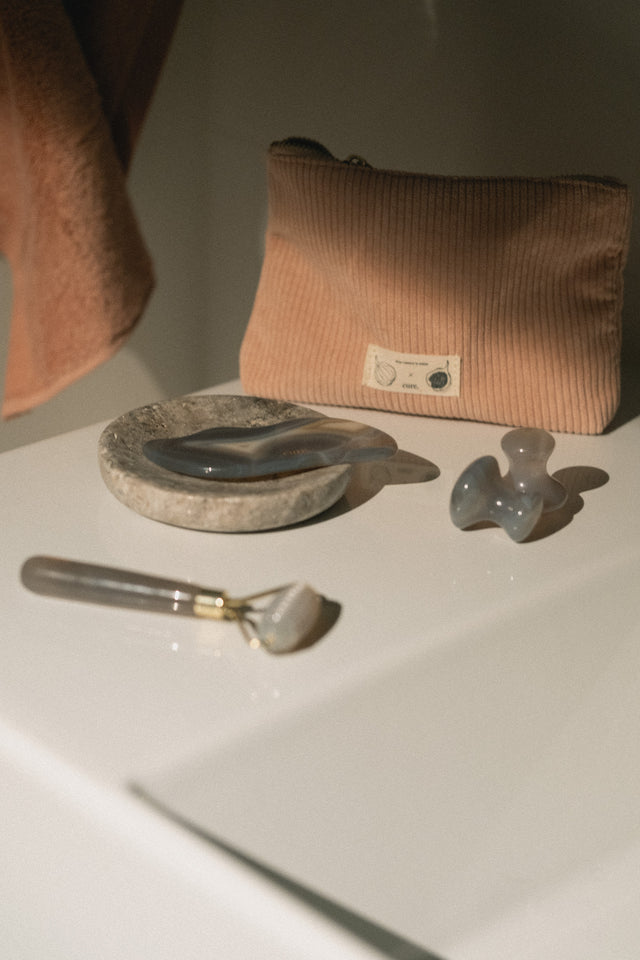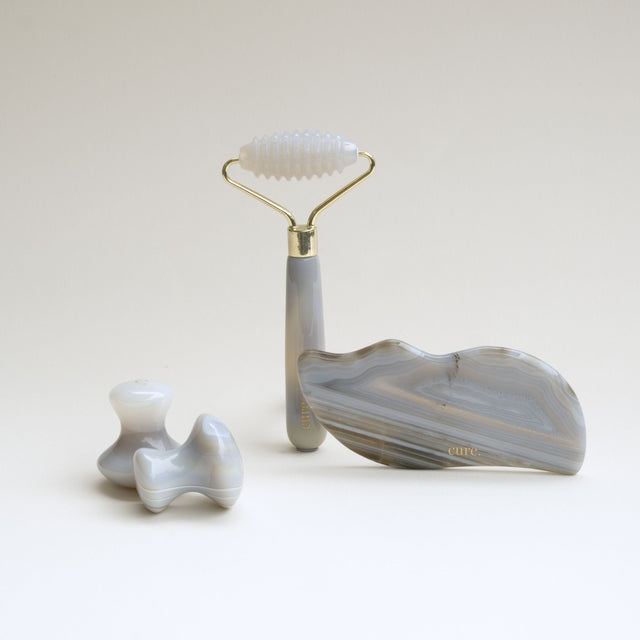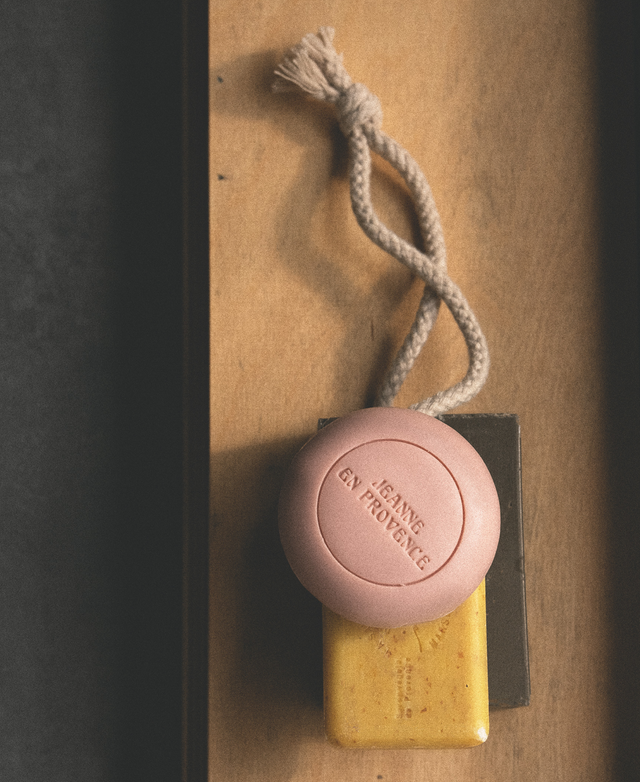Features of Caring for Sensitive Skin
More than half of people consider their skin sensitive. Why does the skin come to such a state and how to care for it, we answer below.
Sensitive skin is not a separate skin type, but rather a condition. The main characteristics of sensitive skin include dryness, peeling, redness, itching, a feeling of tightness, and tingling. Dry skin is often more prone to sensitivity.
Causes of Increased Sensitivity:
- Age-related changes. As we age, the epidermis becomes thinner, the synthesis of hyaluronic acid, lipids, and coenzyme slows down, the protective function weakens, and moisture loss increases.
- Weather conditions. Heat enhances sweating and water loss by the body, which can lead to dehydration and dry skin, thereby increasing its sensitivity. At low temperatures, the production of substances necessary for the restoration of the hydrolipid mantle decreases, leading to peeling and increased moisture loss. Frequent visits to a sauna or pool with chlorinated water can also irritate the skin and disrupt the protective barrier.
- Smoking. Nicotine and combustion products can worsen skin nutrition and slow down its regeneration, thereby increasing sensitivity.
- Emotional state. Stress and lack of sleep can worsen the protective functions of the skin.
- Improperly selected care. Aggressive components can cause irritation and an allergic reaction. Washing with hot water also increases sensitivity.
- Skin diseases. Often, the skin becomes sensitive in people with dermatitis, rosacea, psoriasis, and other skin diseases.
The concept of reactive skin is separately highlighted. In this case, the skin becomes sensitive due to a reaction to something specific, such as a certain component in cosmetics. However, once this component is removed, the skin returns to normal.
How to Care for Sensitive Skin
- Protect your skin from ultraviolet light. Avoid exposure to sunlight during the most active hours and don’t forget about sunscreens.
- Pay attention to the composition of cosmetics. Choose products designed specifically for sensitive skin. Such cosmetics do not contain aggressive surfactants, fragrances, artificial dyes, and they contain ingredients that help reduce sensitivity. You can also choose cosmetics labeled as “hypoallergenic”.
- Minimize. The fewer products in your beauty routine and the shorter the composition of their formulas, the better it will be for sensitive skin.
- Test new cosmetics before use. For 3-7 days, apply a new product to a small area of skin, for example, behind the ear, on the neck, or on the elbow bend, and observe the reaction. If there is no reaction, then introduce the product into your routine. Try to introduce new products one at a time.
In some cases, sensitivity extends not only to the skin of the face but also to the head and body. In this case, it’s worth giving up fragrances and aggressive surfactants in laundry detergents, body skin care, and scalp care.








